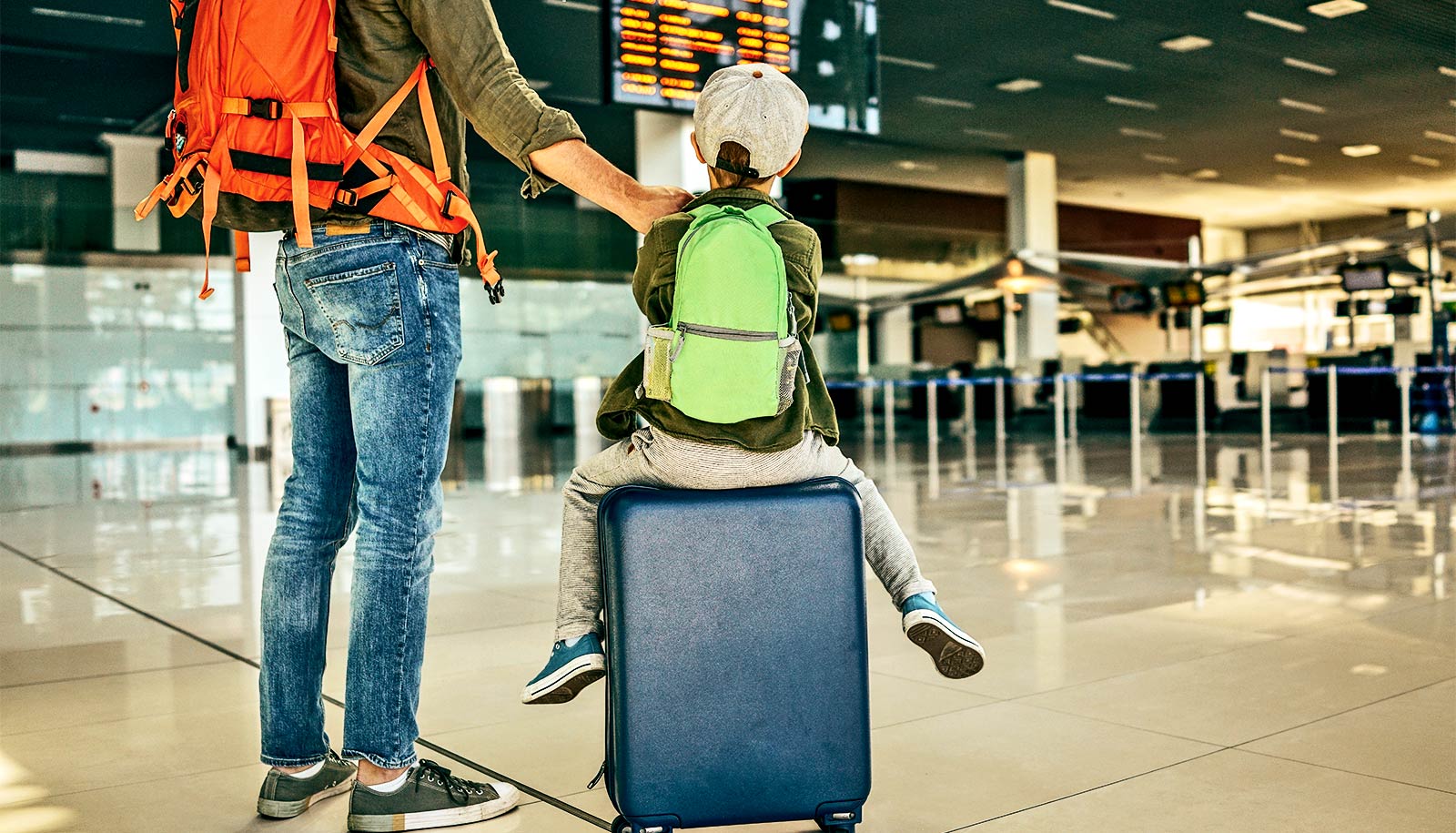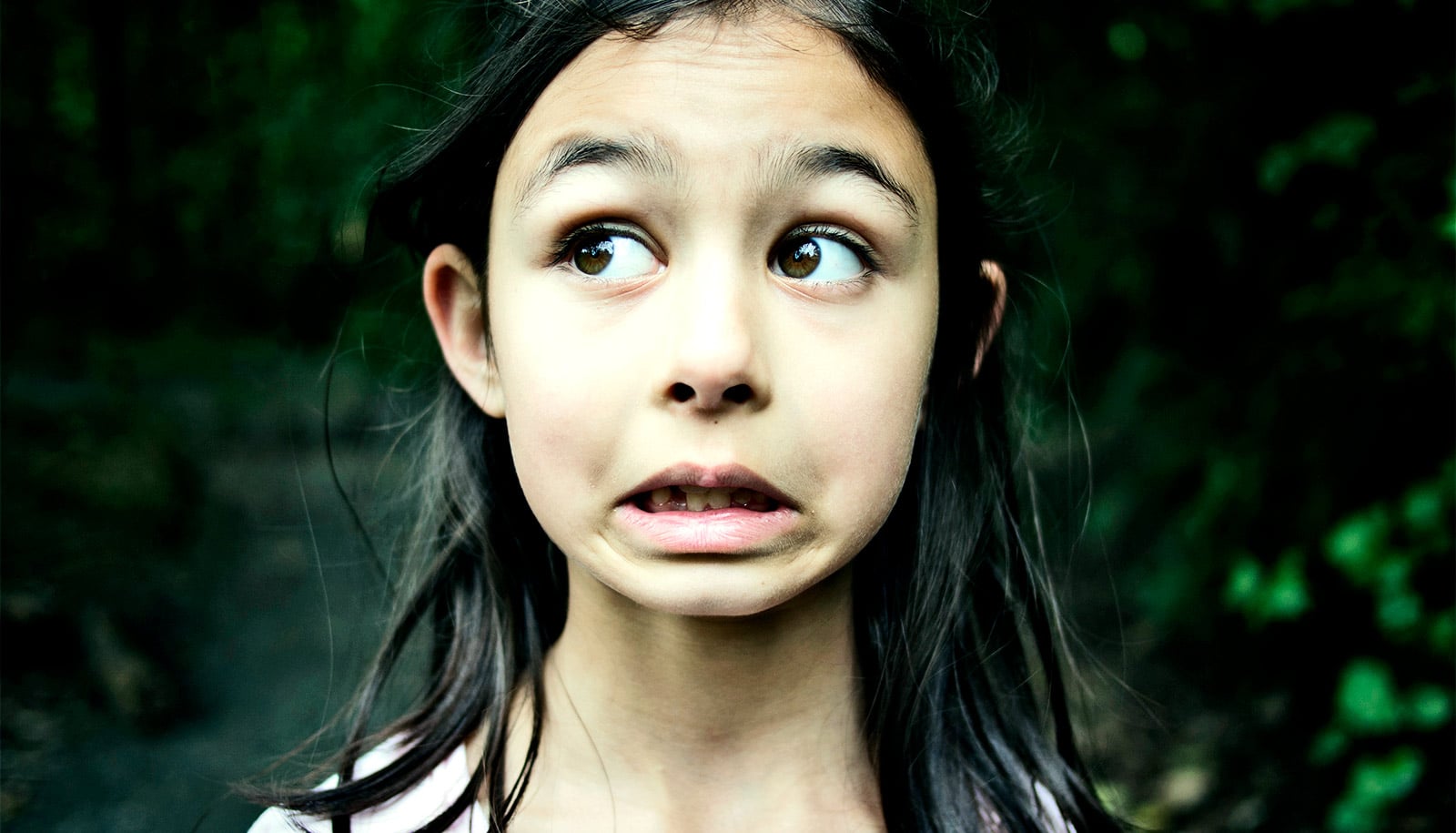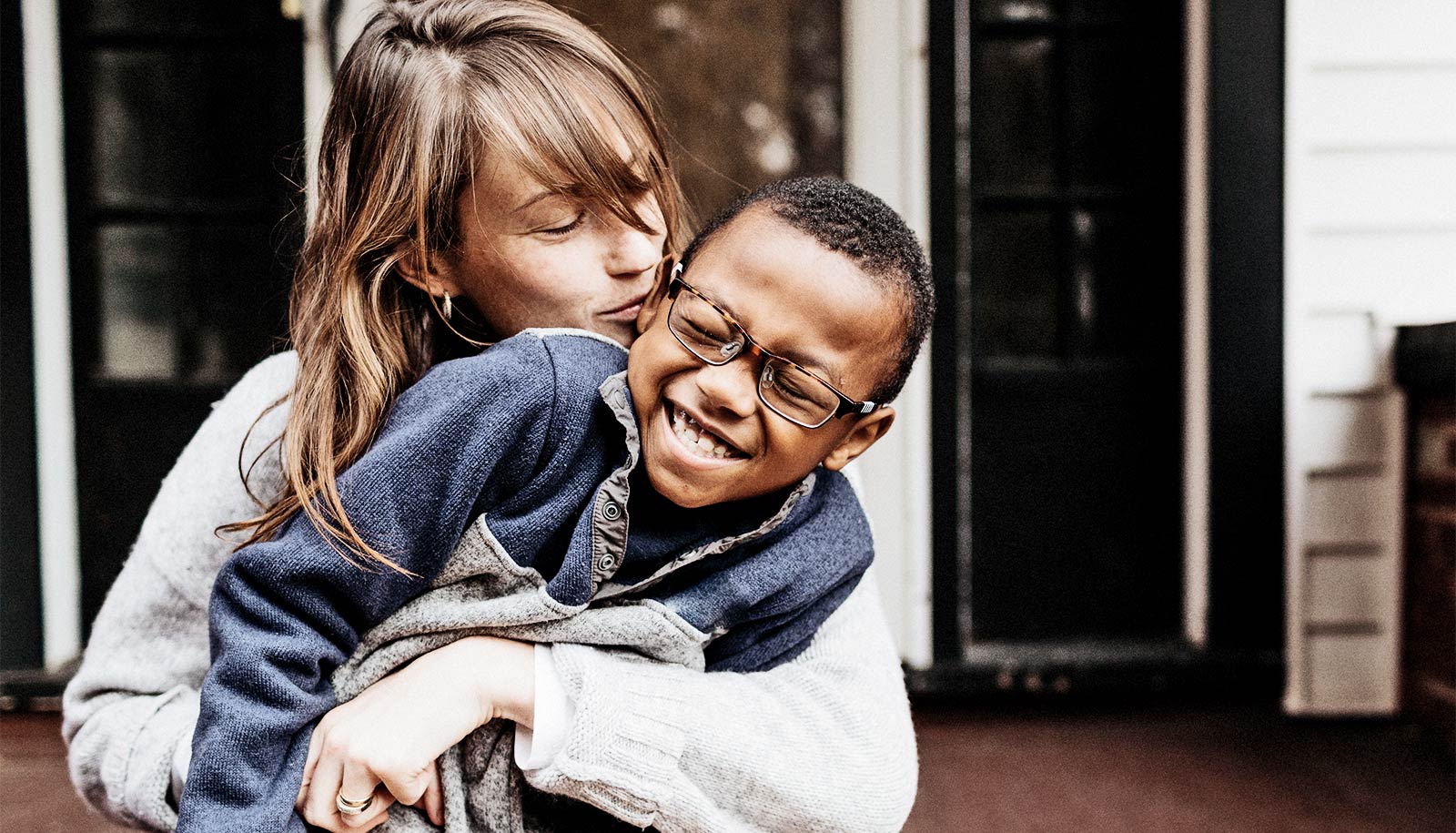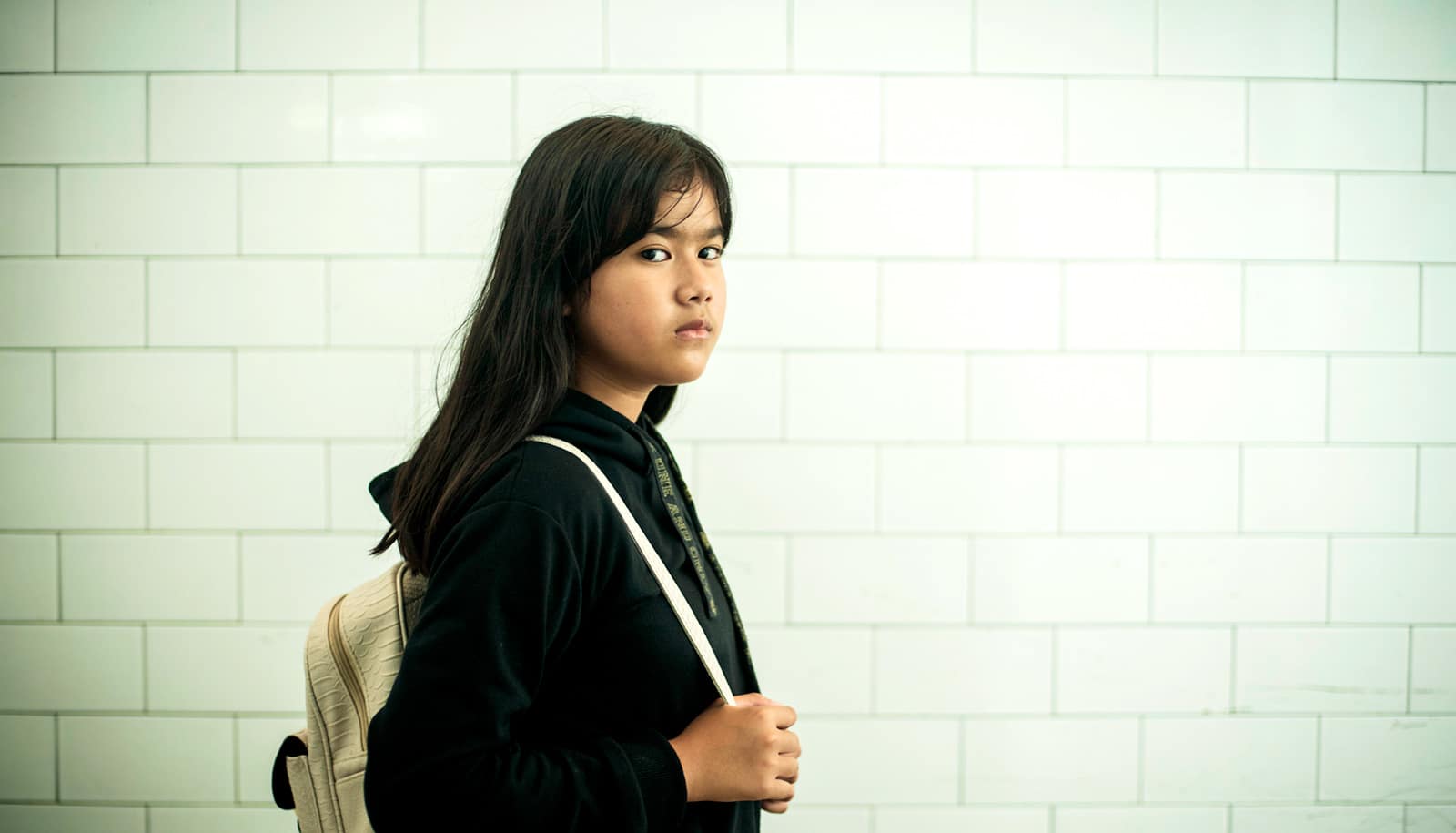Families planning summer getaways may find that recent headlines about transportation-related disasters have their children feeling a bit anxious about vacation travel.
Derek Seward, a professor in the counseling and Human services department at Syracuse University’s School of Education, shares some signs parents should watch for and tips to help their children feel more secure:
How can news about these types of disasters affect children?
Children are highly observant and often more knowledgeable about societal events than parents might realize. Recent disasters connected to traveling such as the collapse of the Francis Scott Key Bridge, Boeing plane damage, and fire on the Carnival Freedom Cruise Ship may negatively impact children as their sense of safety and normality within the world can be jarred.
What are some of the symptoms they might they exhibit?
Children may experience anxiety, stress, and fear that adults may not initially identify or connect to these traumatic situations.
Parents might expect that their children will present with anticipatory anxiety leading up to a family trip that may include a mixture of increased excitement and worry about the upcoming vacation. However, children struggling with traumatic events may (a) have higher levels of anxiousness; (b) exhibit disturbances in their typical sleep patterns such as having nightmares; (c) feel physically ill, exhausted, or have headaches; and (d) be highly irritable.
How can parents address their children’s fears constructively?
Parents concerned about their children should consider:
- Provide information to their children about their trip including the destination, method of travel, and who will be traveling. Parents want to convey confidence about how carefully the trip has been planned. Use information to reassure and alleviate the children’s worries.
- Spend time with your children where you invite them to disclose their specific fears and emotions. Listen and respond to them by validating their anxiety about traveling or confusion about traumatic events. You might tell them it is okay to feel unsure, confused, or anxious about what has happened. Normalize this experience for the children.
- Talk about the circumstances of the tragic event(s). Help children to understand what has happened. Use language that is understandable to children. Avoid being overly descriptive or graphic.
- Model a demeanor that is calm, open, and reinforces safety can help children feel protected. When talking about the upcoming trip, be positive about the experience. Share your optimistic anticipations.
- Consult with professionals who have frequent interaction with their children. These might include teachers and school counselors. These professionals can share their observations of potential problematic behaviors. But also, professionals can work collaboratively with parents to identify and address problematic symptoms.
Source: Syracuse University



